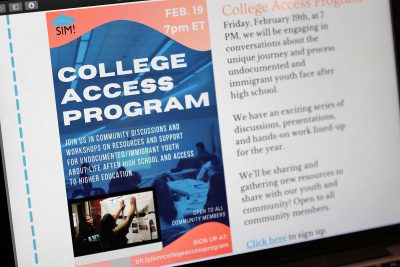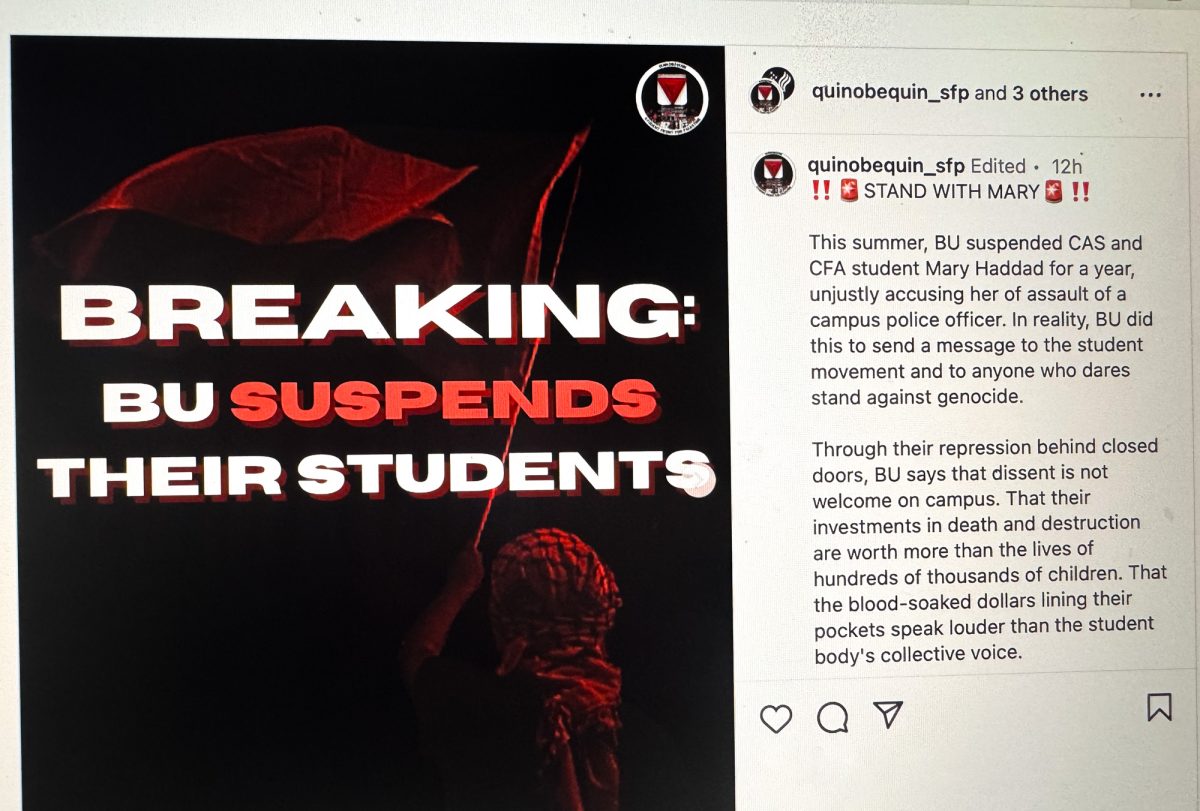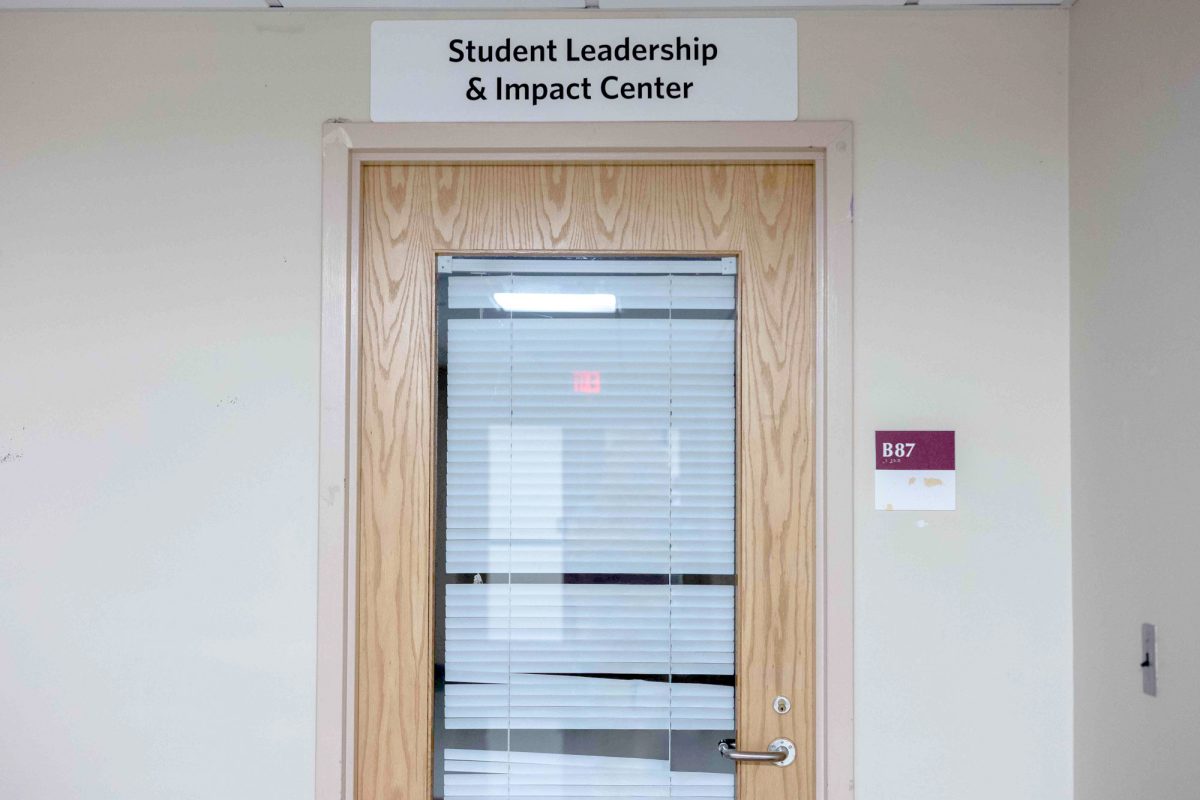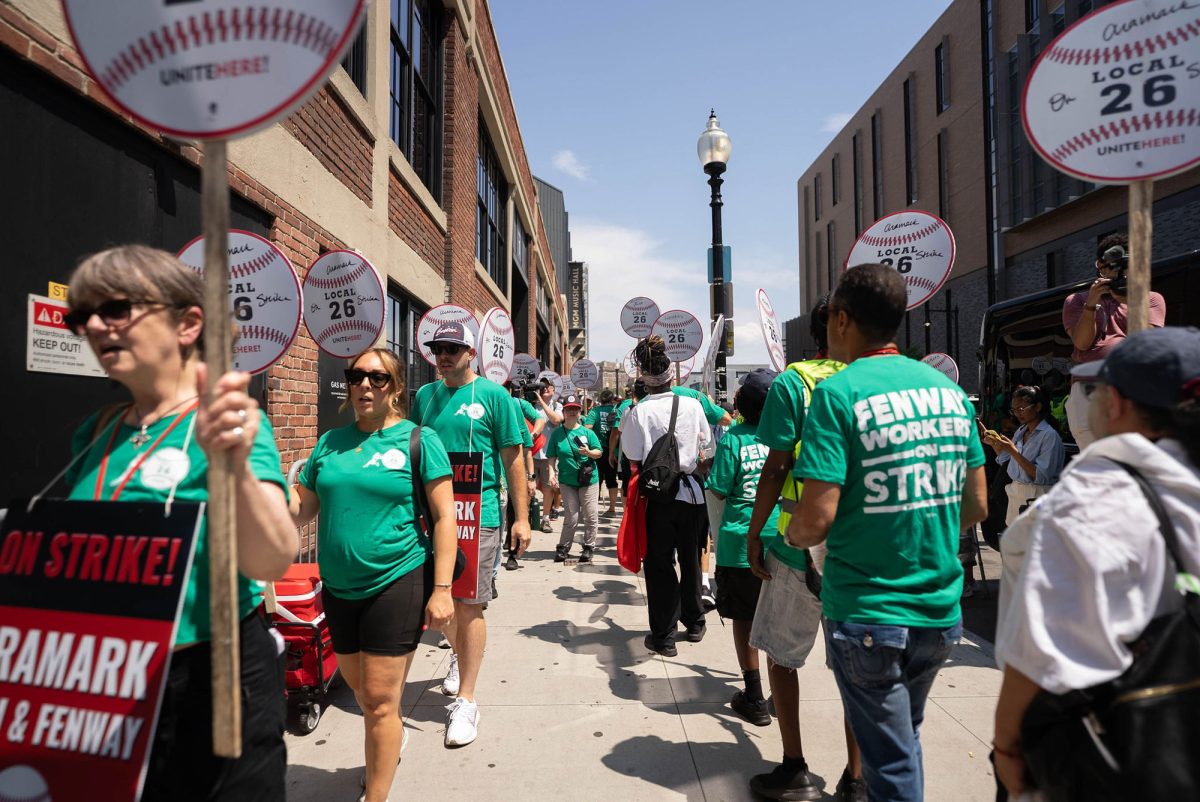The path to higher education can present unique challenges for immigrants. However, one local advocacy group is striving to relieve the burden.

The Student Immigrant Movement, a Massachusetts-based grassroots organization led by immigrant youth, virtually relaunched the College Access Program Friday to support immigrant students’ pursuit of higher education.
The organization was founded to fight for education equity for these underrepresented students, said Sabrina Barroso, the lead organizer for SIM.
Barroso said the group was motivated to action from the inaction around them, especially from high school guidance counselors, who she said were not receptive to training and refused to consider policy changes.
“It just seemed like that middleman always kept putting different obstacles,” Barroso said. “We decided like ‘OK, from our own experiences, we’re going to build a program so that we can make sure whether you’re a freshman, whether you’re a sophomore, whether you’re a junior or senior, you can find out how to go to college.’”
SIM now has four programs, Barroso said, the College Access Program being the longest running. CAP is designed to support immigrant students and first-generation citizens through the college admissions process.
All SIM programs are designed to be accessible, comprehensive and engaging, focusing on “well-being” and building up the organization’s power, Barroso said, rather than trusting the state to address the issues.
“All of our programs actually are based on community-based problem solving,” she said. “We believe that … to come up with a solution to a problem, we need to share our experiences, create resonance around them and then build power around what we can do collectively to address that issue.”
Barroso said students ranging from middle schoolers to graduating seniors came to the program for advice on that process. She said the event involved a lot of sharing stories, in order to give all of these students hope.
“[People] may feel like, at times, it’s completely out of reach, or like how are you going to come up with $7,000, $10,000, $15,000,” she said, “but, that is possible, and there are ways to be strategic for your own benefit.”
SIM’s other projects include the Know Your Rights Program, which teaches about civil rights and legal protection, and the Youth Financial Literacy Program, which provides immigrant youth information on how to make money despite immigration status.
SIM also conducts biweekly membership meetings, where they are currently discussing the #NoICEinBPS and #NoICEinBOS campaigns, in reference to the U.S. Immigration and Customs Enforcement agency.
Barroso shared the action-packed history of SIM, which started in 2005 when a group of immigrant students at East Boston High School, discouraged by educators to seek higher education, began to meet weekly in a church basement — listening and supporting each other.
“Basically what they did was share their experiences,” she said, “and they ended up realizing that all of their experiences were actually collective instead of individual.”
Today, SIM’s scope of activism has expanded to national campaigns to stop deportations and to fight for Deferred Action for Childhood Arrivals and the DREAM act.
“That was all really intentional work,” Barroso said. “How can we go to school, how can we worry about financing our tuition, if we’re in worry about being deported at any second or having our families separated?”
Students can also support this cause through migration tales, an organization created by Boston University students that amplifies immigrant and first-generation stories on their website and social media.
Lara Werneck, a sophomore in the College of Arts and Sciences and the co-president of migration tales, said amplifying stories is important to their organization as well.
In terms of action steps students can take in order to learn more about immigration, Werneck said working to eliminate internalized biases is important.
“How you talk already makes a big difference,” she said. “Just starting with how you speak and how you address people as human beings instead of illegal things is a big step.”
Werneck said she also believes students can help fight stereotypes through listening to stories of people around them.
“I almost guarantee you that they’ll be willing to share their story,” Werneck said. “Because a lot of times, people don’t have outlets to do that, and when somebody shows them that they’re willing to care, that already makes such a big difference.”
Yiran Yu, an associate features editor at The Daily Free Press, is a co-founder of migration tales. She was not involved in the editing of this article.


























































































































